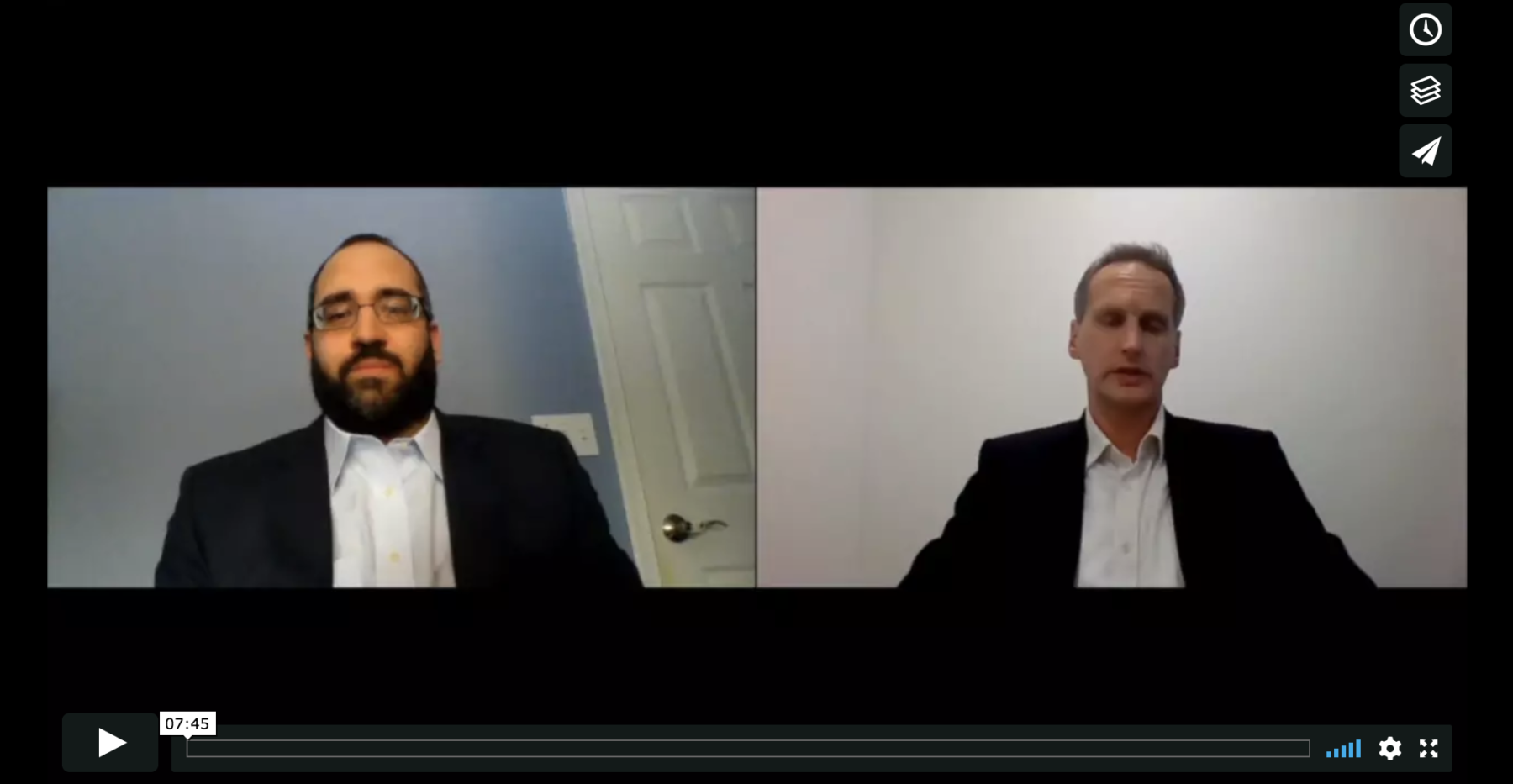The ultimate nightmare for many in the pharmaceutical industry: Developing a life-changing therapy but not being able to get it to the patient because some kind of barrier gets in your way. For instance, if the cost of delivering the therapy drives it over the reimbursement barrier making it uneconomical for healthcare providers to use. This scenario is one that developers of cell and gene therapies often face since these live medicines are developed from the cell or genes of a patient or a donor, which can make delivering them in a timely and efficient matter a challenge. But there are ways to help ensure this nightmare doesn’t become a reality.
PM360 spoke with Simon Ellison, the Cell & Gene Therapy, Service Director at World Courier, an AmerisourceBergen company, about the importance of developing a commercial logistics strategy for your brand. He offered advice for how companies can overcome the inherent challenges that come with cell and gene therapies, what changes lay ahead in this space in 2018, and more. Watch the video below or read the transcript for his expert advice.
Transcript:
Andrew Matthius: Hi. Welcome to another edition of PM360’s Expert on Call video series. I’m Andrew Matthius, Senior Editor of PM360. And today I’m here with Simon Ellison of World Courier which is part of AmerisourceBergen. AmerisourceBergen is our rare disease and orphan drug commercialization experts. How you doing today Simon?
Simon Ellison: I’m doing good. Thank you.
Andrew Matthius: That’s great. So why don’t we get started by you telling a little bit about your new role at AmerisourceBergen?
Simon Ellison: Okay. So, you know, we’re really building on, on a decade of, of my experience initially with the national blood service and then most recently with the cell and gene therapy catapult. So, it’s bringing that experience and that understanding of the wider challenges around the entire value system within cell and gene and sort of applying that to the strong position that World Courier is already in. After all, over the last 12 months we managed or delivered, cell and gene therapy clinical trials within 52 countries globally.
And we have our dedicated customer services team who really understand the intricacies of this industry and therefore the problems that are likely to happen and therefore the solutions that they need to bring into play. So really my role is to build on that experience and develop a logistics platform that therapy developers can simply bolt into at whatever scale they’re operating to.
Andrew Matthius: So, can you tell us what makes cell and gene therapy so much different than other medications?
Simon Ellison: It’s really, I think the personalized nature of it and the fact that it’s a live therapy, if you like, which means it has some temperature and some time critical delivery constraints. And also, it’s the therapy that probably touches the patient the most. So the supply chain actually comes into contact with the patient in some cases.
Andrew Matthius: So, given those challenges how can companies prepare for the commercialization of cell and gene therapies?
Simon Ellison: So, if we look at Kymriah from Novartis it went from early clinical trial to market authorized within five years. And, certainly the new CAR-T companies are looking to go even faster than that. So that really accelerates the traditional pharma development cycle which is 10 years plus. So they really need to be thinking about their commercialization strategy a lot earlier than they normally would. The mantra over the last year, 18 months I suppose has been to think with the end in mind.
But what that really means to me is how do you score a goal if you don’t know what it looks like? So, how do you develop your commercial logistics strategy if you don’t know what it looks like? So you need to plan through your clinical trials what it’s going to look like, how it’s going to operate, what temperature you’re going to move, what container, who are you going to work with. I think an example of that is hand carries. So they’re used a lot within the industry at the moment where somebody very simply carries a container onto a plane for example and then delivers that to the end user.
So that’s safe. It’s reliable. It’s very expensive. So you’ve got challenges with scale up in terms of the price. But even more than that at some point we’re going to run out of enough people to carry enough boxes onto enough planes for that to be a viable strategy. So people need to be thinking about what their commercial scale logistics platform is going to look like as early as they can.
Andrew Matthius: So then how is AmerisourceBergen supporting the distribution of these medications or therapies so they can get to the patients that need them?
Simon Ellison: So at the moment the industry is relatively small but it’s globalized very fast, driven primarily by the focus on orphan indications. And there’s this need for reliability and consistency within the logistics, which really plays to World Couriers’ capabilities. But, I think moving forward as things scale up, we can start bringing in group companies like ICS and their 3PL or their third-party logistics skills to really enable that scale up. And then companies like Lash and their nurse navigator technology to manage the patient journey. And then we can wrap the World Courier focus and understanding around that strategy.
Andrew Matthius: So, given the new year is coming up, what do you expect to see in 2018 that’s different in this area that manufacturers should be paying attention to?
Simon Ellison: So manufacturers traditionally think within side the box. And, and by the box I mean the manufacturing center. So there’s lots of focus at the moment on cost of goods, creating closed automated systems, developing assay manufacturing platforms, etc., etc. And they are important critical factors into delivering a commercial scale therapy. But I think there’s enough money and resources going into that to solve it. You know, it might take five, 10, 10 plus years to do, but it will be solved.
The elephant in the room seems to be what happens when it leaves the manufacturing center and how does it get to the patient? How do we connect that therapy to the patient because if we can’t do that it doesn’t matter what the cost of goods is, it doesn’t matter how efficacious the therapy is? If you don’t deliver it to the patient, they gain no benefit. So I think the challenge going forward is going to be that logistics piece, the connecting of the therapy to the patient and utilizing a logistics platforms at any scale.
Andrew Matthius: So, do you have any suggestions for what kind of logistics platform companies should be considering to kind of help alleviate these concerns?
Simon Ellison: So really it needs to be somebody with an established base whose been there, done that, and got the T-shirt. So you’ve got the consistency and you’ve got the reliability. I think there’s also a need to try and drive out complexity because where there’s complexity that adds risk and the only way to manage risk is to put people on it which adds cost. So, you know, reliable and with a global footprint so they can manage the issues on a local basis as well as a global one. And actually World Courier see themselves as very well positioned in that space.
Andrew Matthius: That’s great. So, before we wrap up is there anything else you want to add, um, on this subject that we haven’t addressed yet?
Simon Ellison: No. I think the only thing to play in is the criticality of logistics and that point that if we can’t connect the therapy to the patient we start losing the benefit of the therapy. And, it’s my ultimate nightmare that somebody develops a life-changing therapy and can’t get it to the patient because they haven’t thought about supply chain and the cost of delivering it drives them over the reimbursement barrier and therefore it becomes come uneconomical for healthcare providers to use.
Andrew Matthius: All right. Thanks so much for taking the time to speak with us today, Simon.
Simon Ellison: Brilliant. Thank you.








